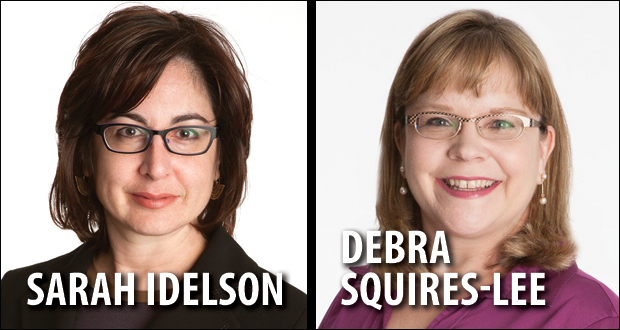 As a result of the recent General Motors internal investigation of ignition switch recalls, three in-house lawyers are among the 15 GM employees who lost their jobs.
As a result of the recent General Motors internal investigation of ignition switch recalls, three in-house lawyers are among the 15 GM employees who lost their jobs.
The 325-page report submitted to the board of directors by Anton Valukas chronicles the company’s process failures in exhaustive detail and makes numerous suggestions to reform and improve internal reporting and safety protocols, including specific recommendations for the legal department.
While we cannot speak to those lawyers’ specific situations, the Valukas report is a solid reminder to in-house counsel of the federal, state and professional ethics rules that govern their responsibilities to their client, the company.
Federal and state up-the-ladder reporting obligations for lawyers apply to General Motors as a public company, and states’ rules of professional ethics govern in-house counsel.
Congress passed the Sarbanes-Oxley Act in July 2002 after a cascade of scandals and ensuing implosions of public companies such as Enron, WorldCom and Tyco.
Among other directives, it ordered the Securities and Exchange Commission to enact rules requiring in-house lawyers to report evidence of a material breach of fiduciary duty or similar violation “up the ladder” — that is, to the chief legal officer or the chief executive officer of the company, and if there is no appropriate response, then to the audit committee or the board of directors. Sarbanes-Oxley Act, Section 307, Rules of Professional Responsibility for Attorneys.
Although the SEC’s rules are not all encompassing (for one thing, they don’t apply to counsel at companies that are not SEC filers), neither are they unique. The ethical rules governing lawyers employed by an organization similarly require lawyers to report conduct “likely to result in substantial injury to the organization” to a “higher authority” or, if the circumstances warrant, to the “highest authority that can act on behalf of the organization.” ABA Model Rule Prof. C. 1.13(b).
The Massachusetts ethics rule is the same: “The organization’s highest authority to whom a matter may be referred ordinarily will be the board of directors … .” Mass. R. Prof. C. 1.13, Cmnt. [5].
As a practical matter, many public companies used the Sarbanes-Oxley “up-the-ladder” rulemaking as a springboard for internal policy-making and legal education, often imposing a broader set of duties than those in the SEC’s rules. GM, apparently, did not.
According to the Valukas report, although GM trained its employees to avoid words like “problem” and “defect” when writing about safety issues, it appears that the legal department lacked a specific written policy on up-the-ladder reporting.
The legal department also apparently conveyed no expectations to its new hires around this obligation and did not provide appropriate, regular training to its legal staff.
Accordingly, in addition to recommending that the company address those deficiencies, the Valukas report pointedly suggests that GM’s product liability attorneys be taught to recognize safety issues and report them internally, for the ultimate benefit of the company, even “while fulfilling their obligations to defend the Company in litigation.”
In other words, in-house lawyers must remember to view their own roles not in terms of their specific function, such as settling cases, or negotiating deals, but broadly, as custodians of the organization as a whole.
Indeed, the rules of ethics make very clear that a lawyer employed by an organization “represents the organization.” Mass. R. Prof. C. 1.13(a). In-house counsel thus owe a fiduciary duty to the well-being of the entity as a whole.
So, the lessons from GM and the guidance from the Valukas report are clear and applicable to all companies — large and small, public or private. General counsel need to ensure that all staff lawyers understand their obligations to the organization and their reporting obligations.
Best practices include:
• A clear written policy concerning up-the-ladder reporting that is re-circulated and reinforced at least annually;
• Periodic training of all in-house lawyers concerning Sarbanes-Oxley, any applicable state laws, and the applicable state ethical rules;
• A process for up-the-ladder reporting that ensures confidentiality, if necessary, and/or job protection for lawyers acting in good faith consistent with their ethical obligations;
• A culture and tone in which staff attorneys understand their role as fiduciaries for the company, not merely as functionaries advancing the interests of one particular department or set of business objectives.
Sarah E. Idelson is a partner in the corporate department at Sherin & Lodgen in Boston, having served as in-house counsel for more than a decade. She represents companies, investors and lenders in a range of transactional and day-to-day matters, including corporate governance. Debra A. Squires-Lee is a partner in the litigation department at the firm and co-chair of the professional liability and complex business litigation practice groups. She defends lawyers and law firms in the defense of legal malpractice matters.
 New England Biz Law Update
New England Biz Law Update
